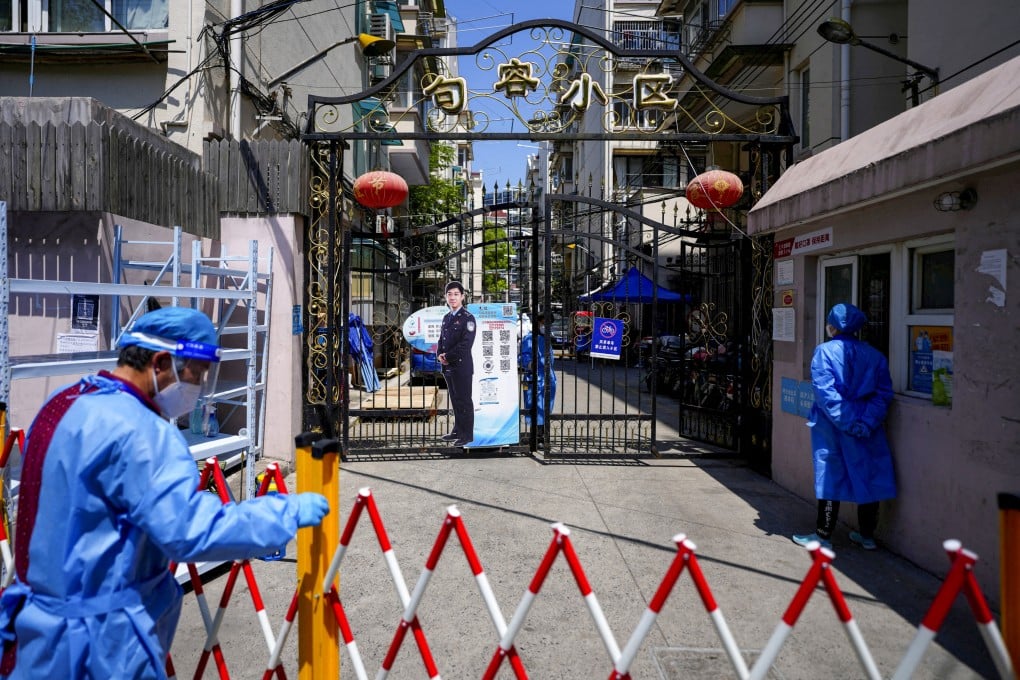Coronavirus: Shanghai aims to bring outbreak under control by May 20, even as cases jump for first time in 19 days
- The city is aiming to achieve its ‘societal zero-Covid’ target by May 20, Wu Qing, the city’s executive vice-mayor, said on Friday morning
- Confident projection comes despite a 19-day streak of declining case numbers coming to an end

Shanghai’s government said it is just a step away from bringing the pandemic under control, even as the number of cases jumped for the first time in 19 days.
The city is aiming to achieve its “societal zero-Covid” target by May 20, Wu Qing, the city’s executive vice-mayor, told a press briefing on Friday morning.
A total of 2,096 infections were discovered in the last 24 hours, a jump of 44.7 per cent from a day earlier, according to data released on Friday. Symptomatic cases climbed 57.6 per cent to 227, while two patients died.
“The outbreak is stabilising and the situation is improving although some small fluctuations [of new cases] are seen,” said Wu. “After all, more than 99 per cent of new infections were detected in quarantine areas, which have already been sealed off.”